Alfa Romeo changes course: the new Giulia Quadrifoglio will keep its V6 engine and delay full electrification
Good news for all Alfa Romeo enthusiasts: the next generation of the Giulia Quadrifoglio is officially happening, and it will keep its V6 engine.
Initially, the Italian brand had promised a radical shift in production for its flagship sedan, but recent reports suggest a change of heart.
Like many other manufacturers in recent months, Alfa Romeo has decided to pause or delay the full electrification of its most beloved model.
While new projects are being developed in Arese, not expected to debut before next year, the Giulia and Stelvio will remain on sale. Including their diesel variants.
According to early plans, both models were supposed to be replaced earlier, but this delay is directly linked to Alfa Romeo’s strategic U-turn.
For now, there’s no longer the urgency to electrify the entire lineup, given the low demand for fully electric cars.
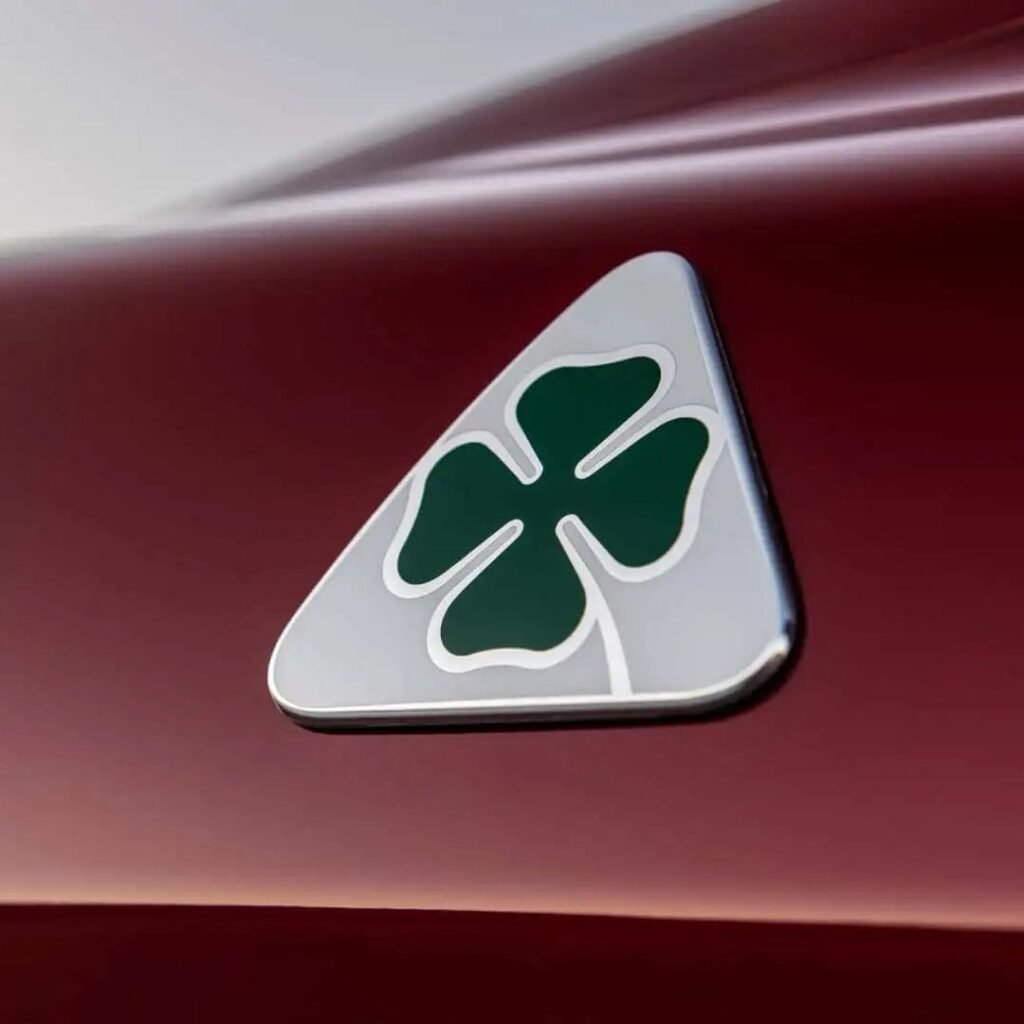
Maserati or Dodge 6 Cylinder engines for Alfa Romeo
Instead, the brand is considering a hybrid performance setup for the next Quadrifoglio versions of Giulia and Stelvio. A V6 engine combined with an electric motor, aimed at boosting power when needed or improving efficiency in everyday driving.
These details emerged during the presentation of the refreshed Alfa Romeo Tonale, held about two weeks ago.
Moreover, the Italian manufacturer is reportedly evaluating the possibility of reusing the “Nettuno” V6 engine, currently powering the Maserati MC20. Alternatively adopting the inline-six “Hurricane” from Dodge. A move that would mark a true Italian-American collaboration.
EU reviews the ban on synthetic fuels and opens the door to their adoption
Alfa Romeo’s step back from full electrification is also influenced by the European Union’s evolving stance. Brussels is now considering the acceptance of combustion engines running on biofuels and e-fuels.
This means that by 2035 it might not be necessary to completely overhaul all existing powertrains.
Such a decision could save automakers billions in investments, while still promoting a cleaner automotive future.
Modern high-efficiency engines, powered by synthetic and organic fuels, could represent the right compromise to preserve energy diversity. And, above all, to allow car lovers to keep enjoying those mechanical masterpieces that still make noise.
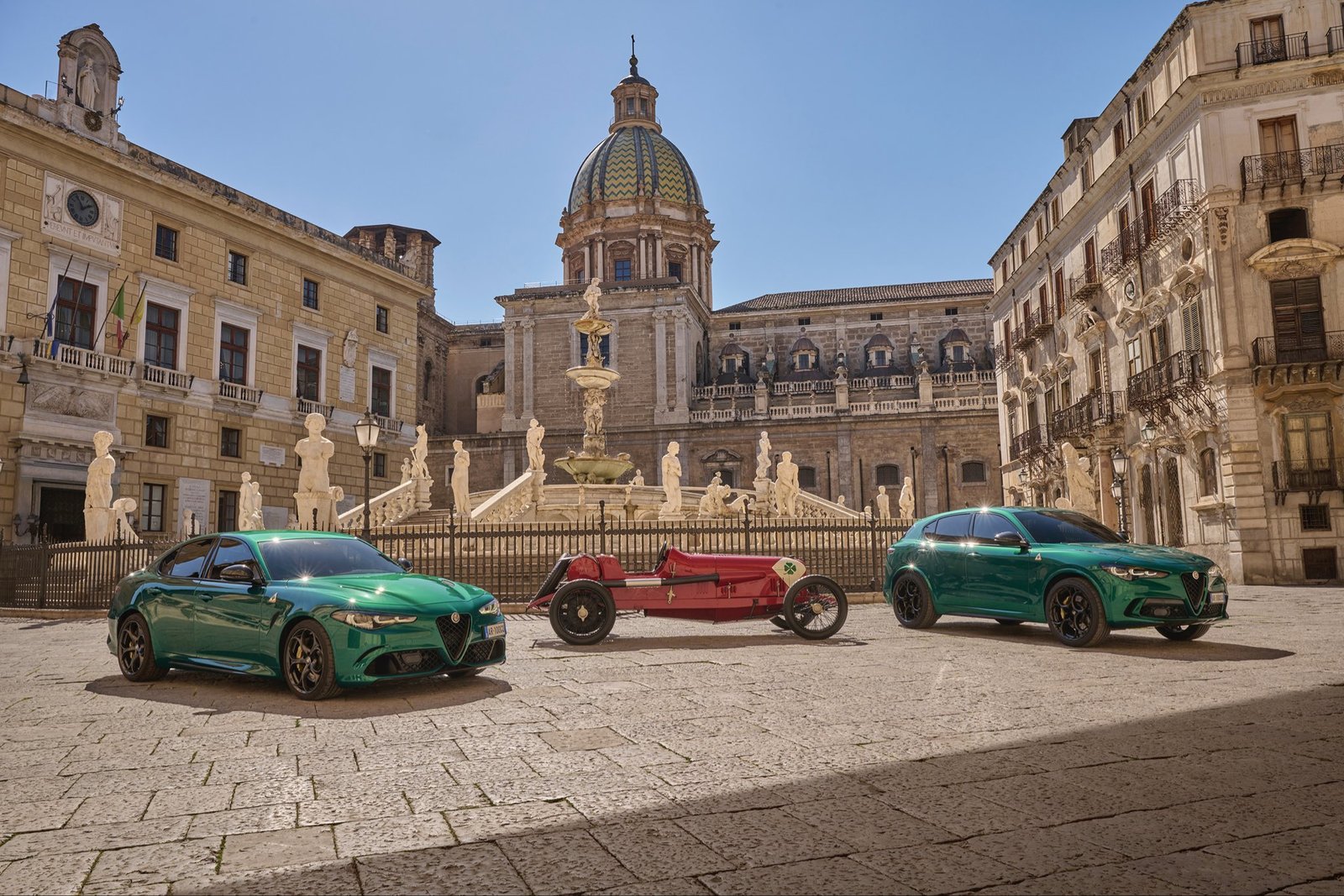

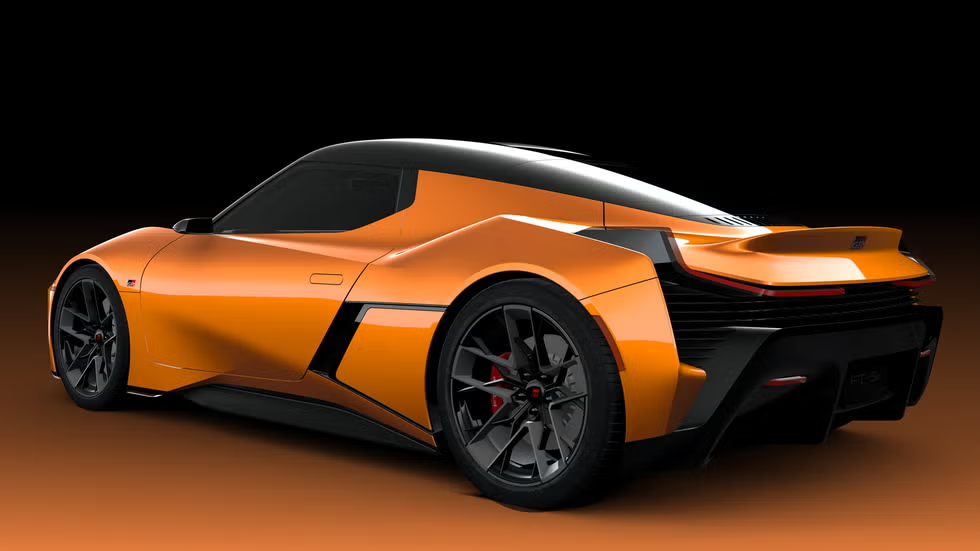
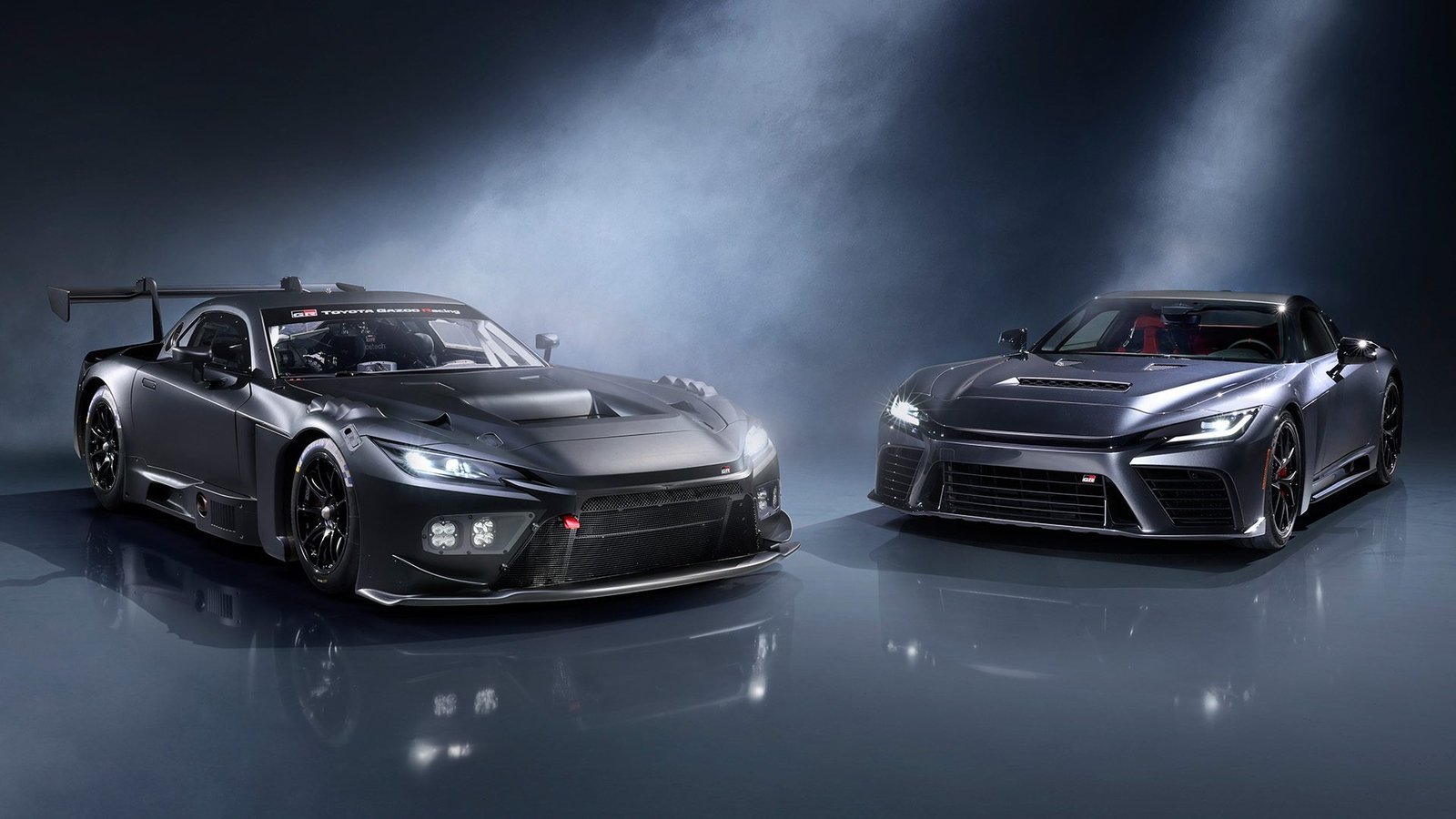
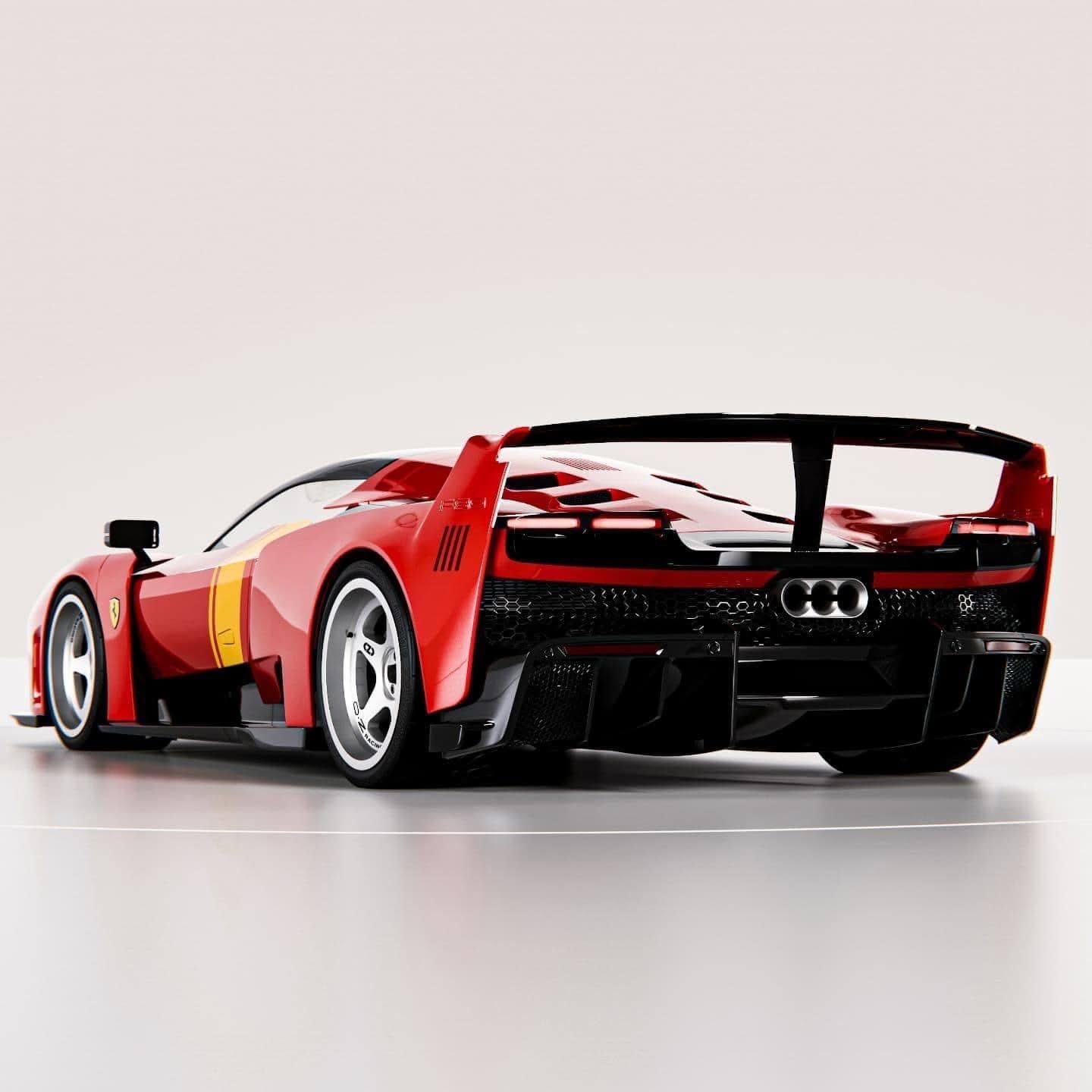




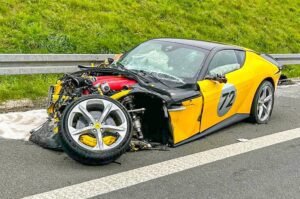


1 comment